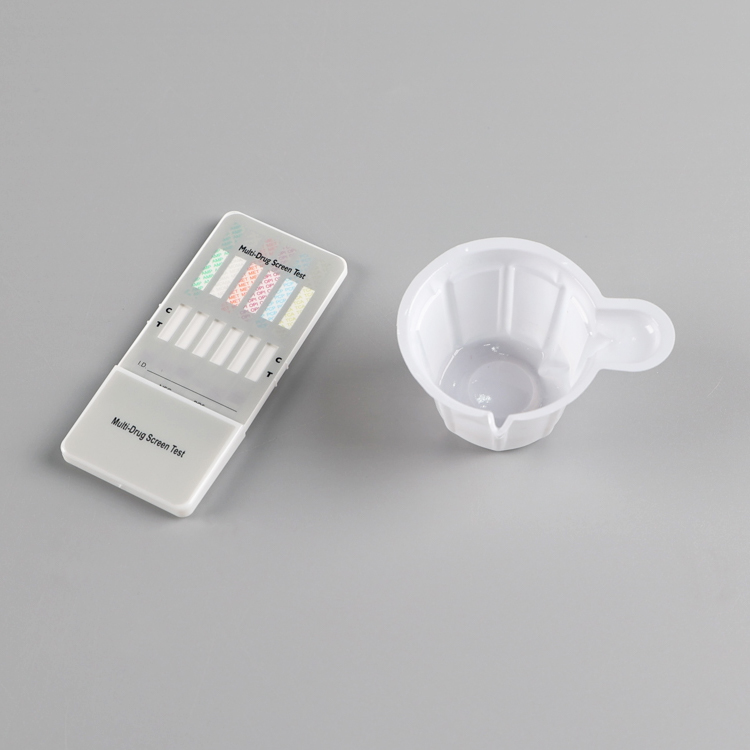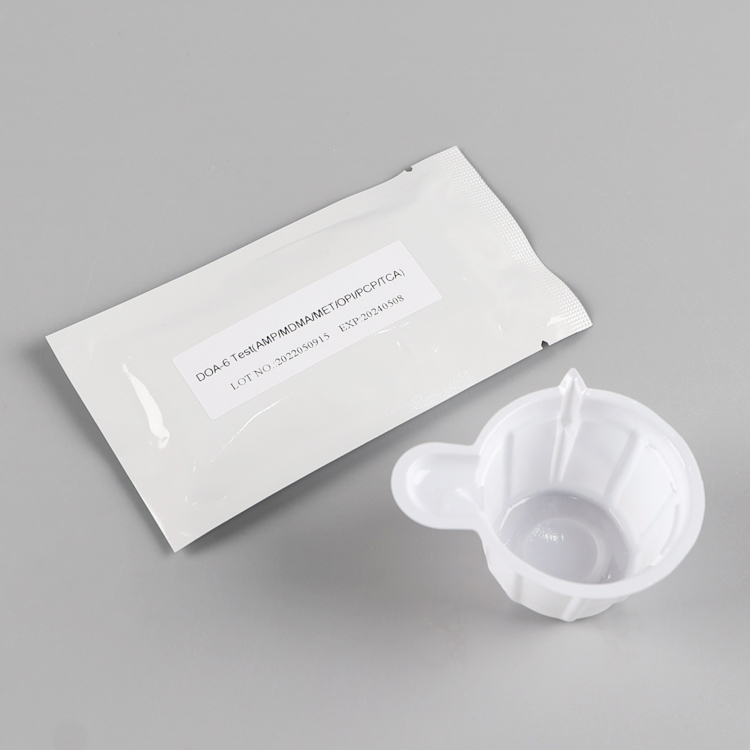Chemical pumps come with various sealing methods, and today I’ll explain the most common ones. The first is the packing seal, also known as a gland seal. This type uses flexible packing material placed inside a stuffing box, and when compressed by the gland, it creates radial pressure to form a tight seal. Although it’s simple in design, easy to operate, and cost-effective, it’s still widely used in chemical pump applications due to its adaptability.
Another common method is the gasket seal, which is essential for static seals in chemical pumps. Gaskets are typically made from metal or non-metallic materials and are used to seal connections between pipes or components. They provide a reliable seal for stationary joints.
The labyrinth seal works by creating resistance through a maze-like structure, reducing fluid flow and achieving a sealing effect. However, in practice, this type of seal tends to allow significant leakage, making it less commonly used in chemical pumps.
Threaded seals are another option, often appearing in two forms: one using a gasket with threaded connections, and the other combining threads with packing. These are typically used for small-diameter threaded connections.
Power seals, also known as auxiliary impeller seals, are installed behind the main impeller. The auxiliary impeller generates pressure to counterbalance the outlet pressure, preventing liquid from leaking out. This design is simple, reliable, and suitable for pumps handling impure or abrasive media.
Lastly, oil seals are used to prevent fluid leakage and protect against external contaminants. They are inexpensive, easy to maintain, and ideal for low-pressure chemical pumps. However, they are not suitable for high-pressure environments.
Each sealing method has its own advantages and limitations, and the choice depends on the specific application requirements of the chemical pump.
The One Step Multi-Drug Screen Test Dip Card (Urine) Package Insert is a urine-based drug test for multiple drugs of abuse ranging from simple immunoassay tests to complex analytical procedures.
The speed and sensitivity of immunoassays make it the most widely accepted method of urine testing for multiple drugs of abuse.The One Step Multi-Drug Screen Test Dip Card (Urine) is a lateral flow chromatographic immunoassay for the qualitative detection of multiple drugs, drug metabolites and alcohol at the following cut-off concentrations in urine.


drug test,urine drug test,urine test,10 panel drug test,5 panel drug test,at home drug test
Yong Yue Medical Technology(Kunshan) Co.,Ltd , https://www.yonyue.com
